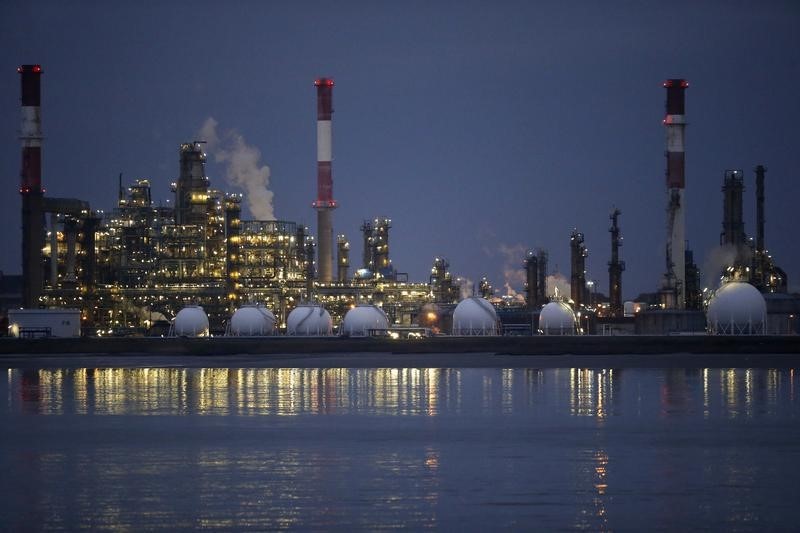This post was originally published on this site
https://i-invdn-com.investing.com/trkd-images/LYNXMPEI870W4_L.jpg
By Nate Raymond
(Reuters) -U.S. Supreme Court Justice Neil Gorsuch on Thursday rejected a request by pipeline operator Energy Transfer (NYSE:ET) LP’s Sunoco Inc unit to block efforts to enforce a $155 million judgment in a lawsuit accusing it of failing to pay interest on late payments to 53,000 oil-well owners across Oklahoma.
Gorsuch denied Sunoco’s request for a stay blocking proceedings to enforce the judgment while the company appeals a federal judge’s 2020 decision finding that it violated Oklahoma law by failing to pay interest on more than 1.5 million late payments to royalty owners in wells across the state.
Gorsuch handles certain cases for the court from a group of states that includes Colorado.
Sunoco’s lawyers argued that absent the Supreme Court’s intervention, the money could be collected and distributed to the well owners before the company could challenge a decision by a lower court to throw out its appeal on jurisdictional grounds.
The justices are slated on Sept. 28 to consider whether to take up Sunoco’s appeal of the judgment. Lawyers for the company did not immediately respond to a request for comment. Lawyers for the plaintiffs declined comment.
The judgment resulted from a 2017 lawsuit by a farmer named Perry Cline on behalf of himself and other owners of interests in wells in Oklahoma from which Sunoco purchased crude oil and then sold.
Cline accused Sunoco of violating an Oklahoma law called the Production Revenue Standards Act by failing for years to pay well owners statutory interest on late payments it made on oil proceeds. Under that law, companies that purchase crude oil from well owners and then provide payment late must also pay interest.
U.S. District Judge John Gibney in 2020 concluded that Sunoco knew it owed interest on the late proceeds yet failed to make any effort to pay the interest owed and withheld more than $74 million on more than 1.5 million late payments.
The judge found that the company long ago decided not to pay interest on late payments by adopting a policy of paying only if a well owner requested it, allowing it to avoid paying millions of dollars each year.
Gibney found that Sunoco “simply keeps the money for its own use, knowing two things: that most owners will not request interest, and that eventually the owners’ potential claims will die at the hands of the statute of limitations.”
The judge awarded $80 million in compensatory damages and $75 million in punitive damages.

